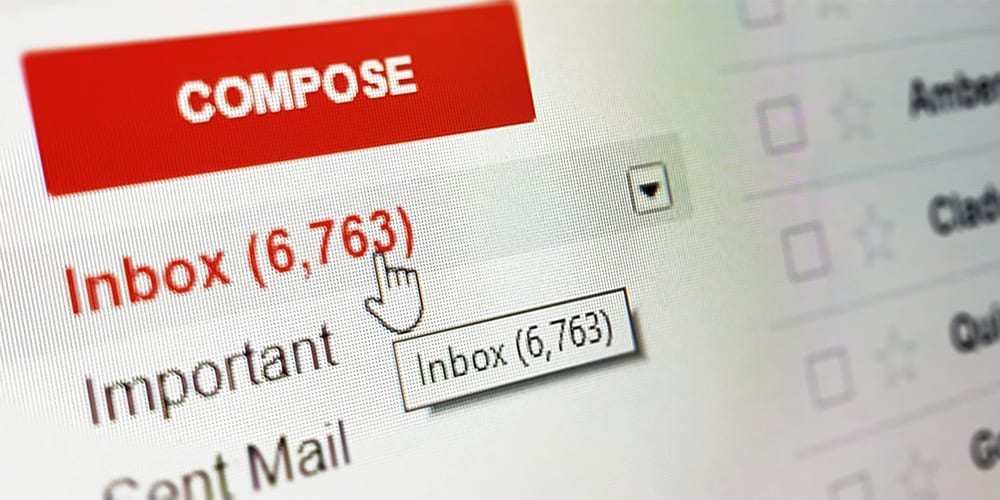Email Distracts Some Leaders From Long-Term Goals

A new study by management researchers at the University of Arkansas shows that organizational leaders with high email demands might be sacrificing long-term goals to manage their email accounts.
Chris Rosen and Lauren Simon, professors of management in the Sam M. Walton College of Business, found that managers, when confronted with high email demands, exhibited fewer “transformational” and “change-oriented” behaviors – types of behavior necessary for workplace leaders – and instead devoted time and energy to more immediate tasks that strayed from the organization’s long-term goals – specifically, responding to emails.
“Daily email demands have a negative impact on goal progress because leaders must divert resources from other goal-relevant tasks to check, filter and respond to emails,” Simon said. “Dealing with these interruptions involves cognitive suppression and emotional regulation, both of which consume energy and resources.”
The researchers’ study was published in the Journal of Applied Psychology. It builds on previous research that looked at the harmful effects of email overload in broader terms, including one study that found that the average employee takes more than one minute to resume work after checking email.
Simon and Rosen surveyed managers about the frequency and importance of the emails they received, as well as their perceived progress on core job duties and long-term goals. They also included questions to measure self-control and found that managers with low levels of self-control, as well as those who worked for organizations where email was less central to job performance, were even more succeptible to the negative effects of email.
The impact of email distraction on managers might have even deeper consequences. Simon and Rosen suspect leaders’ reaction to email overload has a downstream effect.
“Our research suggests the pitfalls of email demands may have been underestimated,” Rosen said. “In addition to its impact on leaders’ own behavior, the reductions in effective leader behaviors likely trickle down to adversely affect unwitting followers, those subordinates who rely on and benefit from more direct involvement with their supervisors. What appears as inconsistent or laissez-faire leadership might have its origins in these supervisors’ inboxes.”




You must be logged in to post a comment.